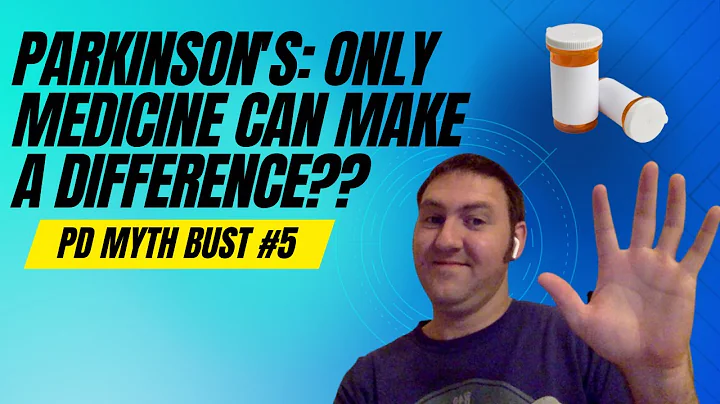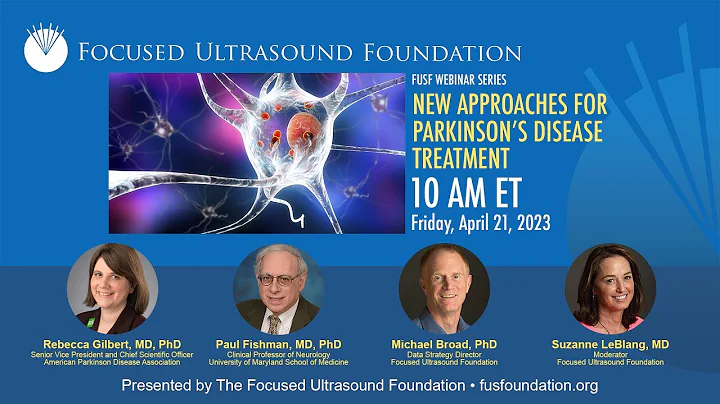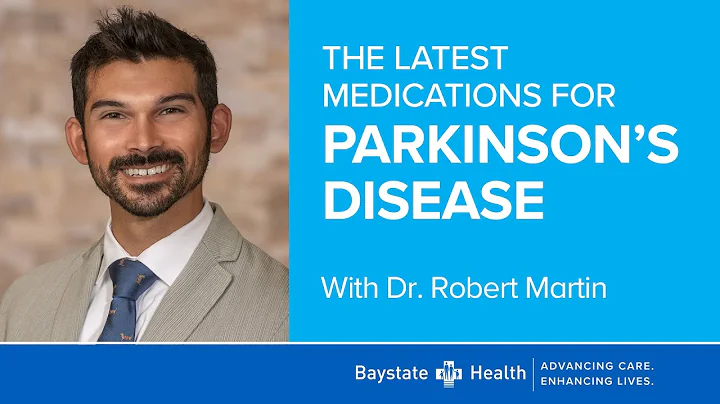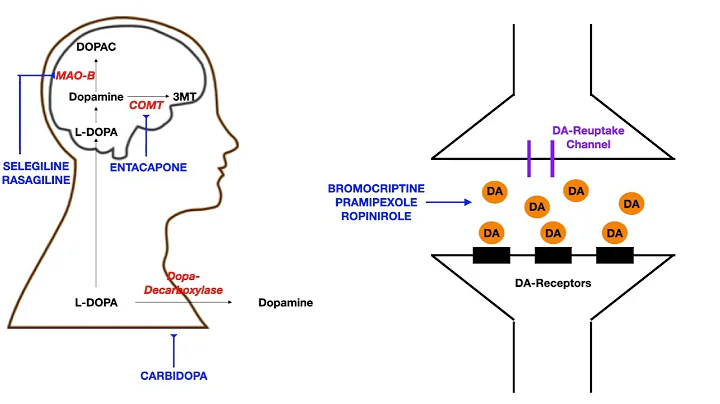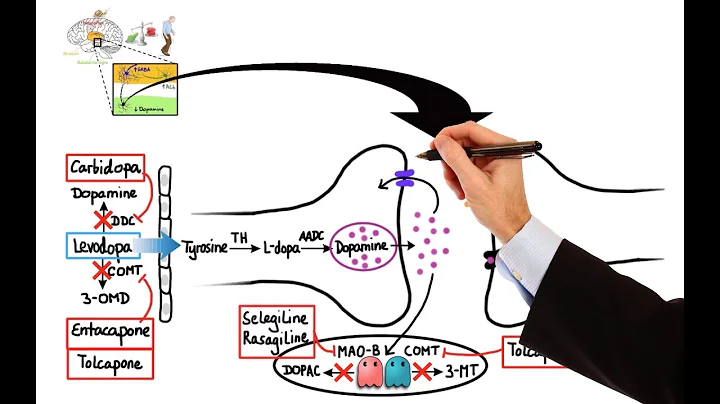There are many ways to treat Parkinson's disease , among which medication is the basis of treatment. However, after many patients with Parkinson's disease take anti-Parkinson drugs for a long time, the efficacy of the drugs will generally become worse and worse. Even if I take the medicine according to the doctor's instructions, why is it getting harder and harder to take effect? Even if it is effective, the effect of the medicine is only maintained for a short time. It is no longer like at first, as long as you take the medicine on time, it can last for a whole day. What has actually happened?
Hu Yunxin, director of the Neurology Department of Guangdong Sanjiu Brain Hospital, reminded that Parkinson's disease is a common neurological degenerative disease that progresses chronically and gradually worsens. Therefore, patients need to go to the hospital for regular check-ups and make individualized medication adjustments based on the actual situation.
01
Grandma Tang (surname Hua), who is 80 years old this year, is from Zhaoqing. Since about six years ago, her hands, arms, calves and other parts have been shaking involuntarily, and her walking has become slower and slower. Later he was diagnosed with Parkinson's disease at a local hospital.
After being diagnosed with Parkinson’s disease, Grandma Tang has been taking medicine as instructed. After taking the medicine at first, Mrs. Tang’s symptoms improved significantly. As time went by, the effect of the medicine was no longer as obvious as it was at first, but Grandma Tang did not go to the hospital for a review and still took the medicine according to the previous medication plan.
1 years ago, Grandma Tang started to walk slowly again. Her feet seemed to be stuck and it was difficult to lift her legs. In the past six months, it has become increasingly difficult for Grandma Tang to walk and she needs crutches to walk slowly. Although I took the medicine, it only took effect one hour after taking it, and the effect lasted only one hour. I often had dreams when I slept at night. This had a great impact on Grandma Tang’s life, and she could hardly take care of herself.
html In early June, under the introduction of a friend, her family accompanied Mrs. Tang to the Department of Neurology 6 of Guangdong Sanjiu Brain Hospital.
02
"Doctor, her medicine has no effect now. Is she drug-resistant?" The patient's family couldn't help but ask questions when they saw Hu Yunxin. After completing relevant examinations and questioning the medical history, Hu Yunxin believed that the patient's diagnosis of Parkinson's disease was clear.

▲Patient’s imaging data
Faced with family members’ doubts, Hu Yunxin patiently explained that after diagnosis of Parkinson’s disease, precise and regular medication is required. However, because Parkinson's disease is a progressive disease, as the disease progresses, patients need to gradually increase or decrease the amount of medication they take, or they need to take several medications at the same time. The patient's current condition is different from when it first appeared. He has entered stage H-Y (Parkinson's disease H-Y is divided into 5 stages. The higher the stage, the more severe the symptoms). He has posture and gait disorders and is prone to falling. , a fall may require long-term bed rest. Only with regular follow-up visits can the doctor conduct reasonable staging of the disease's development stages and provide appropriate drug treatment according to the staging. In this way, symptoms can be effectively controlled, the progression of the disease can be delayed, the occurrence of complications can be effectively controlled, and the patient's quality of life can ultimately be improved.
03
After adjusting the medication regimen, Grandma Tang’s symptoms were significantly improved and she can walk freely alone.
Hu Yunxin explained that drug treatment is currently the main method for treating Parkinson's disease. Good curative effects can be obtained through effective combination and adjustment of drugs. The majority of patients with Parkinson's disease should build up confidence and not give up easily because of diminished efficacy. When he was discharged from the hospital, Hu Yunxin reminded his family members to take Grandma Tang to the hospital for regular check-ups after discharge, adjust the medicine according to the doctor's advice, and never stop/increase/decrease the medicine on their own.


